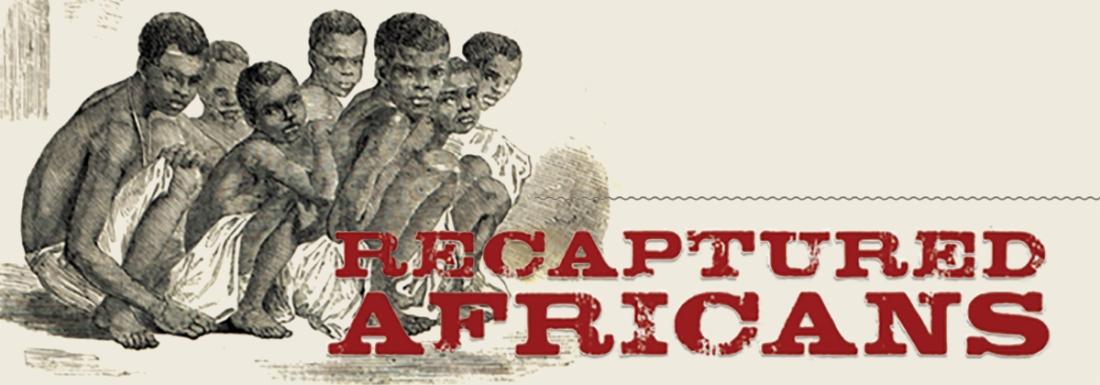As part of the country’s celebration of Juneteenth, commemorating the end of slavery in the U.S., Occidental College history professor Sharla M. Fett examines a compelling chapter in the 19th-century march toward abolition.
In the years before the Civil War, at the peak of government efforts to suppress the import of slaves (a practice banned by Congress in 1808), the U.S. Navy seized roughly 2,000 captured Africans from illegal slave ships and brought them to temporary camps in Key West and Charleston. In a discussion of her book Recaptured Africans: Surviving Slave Ships, Detention, and Dislocation in the Final Years of the Slave Trade, Fett looks at the social world of those “recaptives.” The relationships built by adults and children of varying African origins helped them survive the holds of slave ships, American detention camps, and a transatlantic return to Liberia.
In the years before the Civil War, at the peak of government efforts to suppress the import of slaves (a practice banned by Congress in 1808), the U.S. Navy seized roughly 2,000 captured Africans from illegal slave ships and brought them to temporary camps in Key West and Charleston. In a discussion of her book Recaptured Africans: Surviving Slave Ships, Detention, and Dislocation in the Final Years of the Slave Trade, Fett looks at the social world of those “recaptives.” The relationships built by adults and children of varying African origins helped them survive the holds of slave ships, American detention camps, and a transatlantic return to Liberia.
